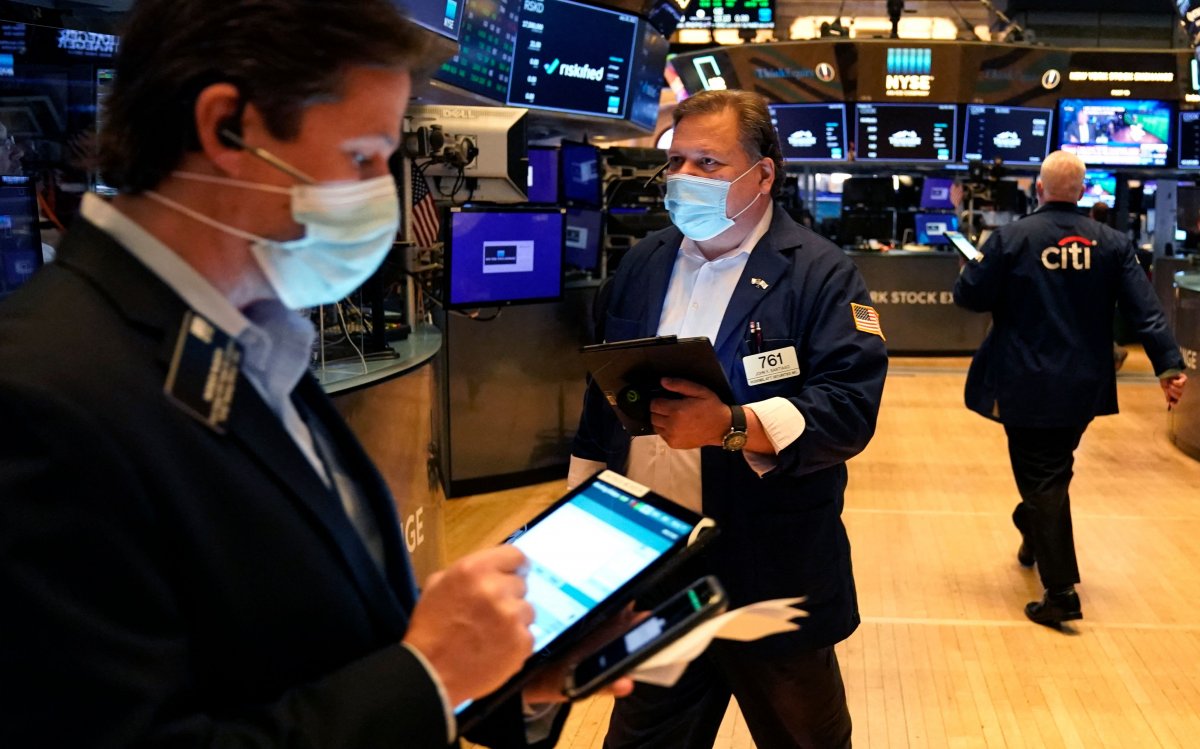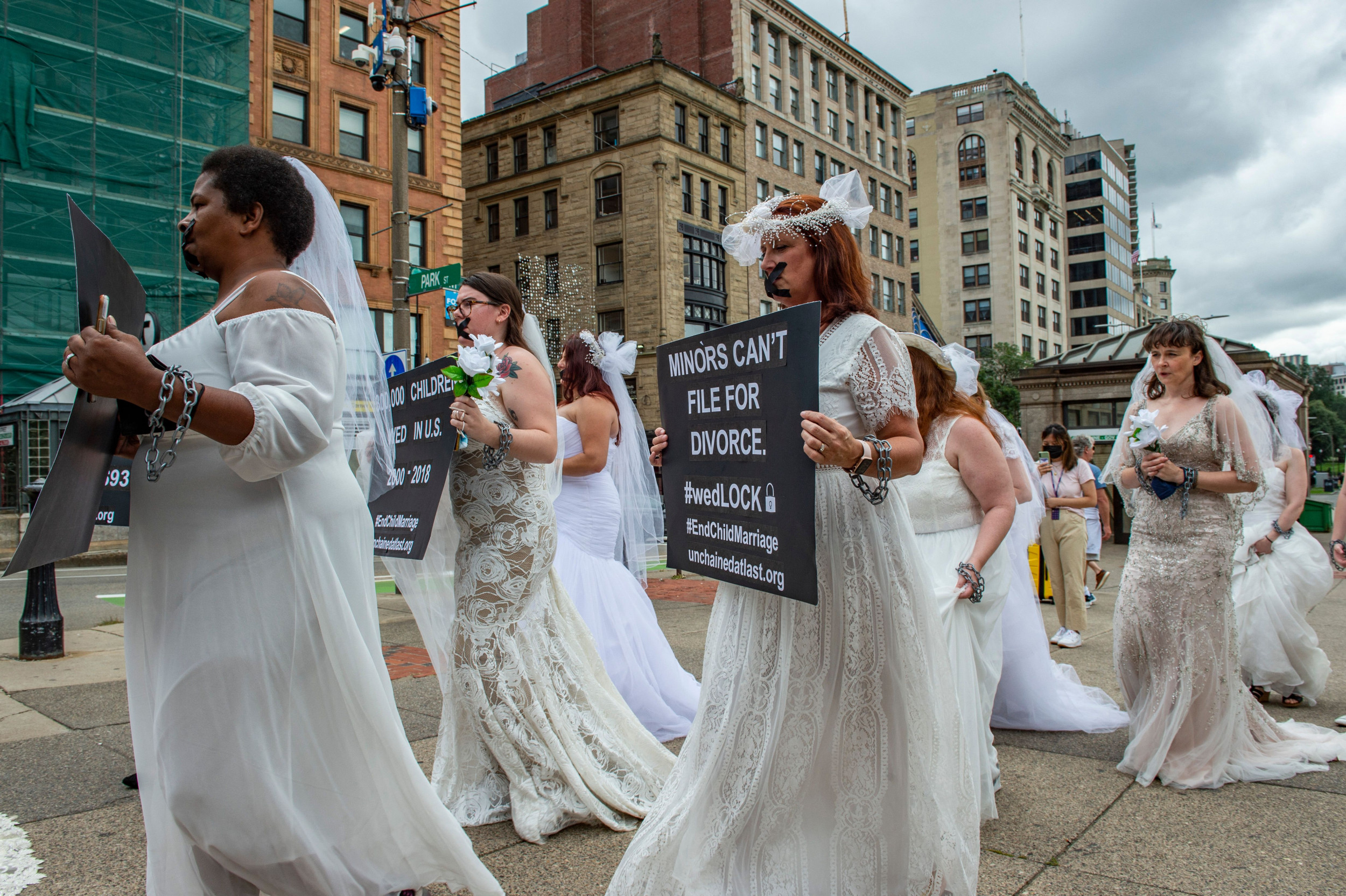An economic paradox is playing out right before our eyes. For well over a year now, restaurants, hotels and other service-sector businesses have either had to shut their doors or suffer drastically reduced revenues due to rolling lockdowns. Yet when we pass by, say, a large chain hotel the lights still appear to be on. Unless we assume that these businesses have discovered a way to turn lead into gold, we may wonder where the money is coming from.
To answer that question, we must dive deep into the financial markets. In a dark corner of these markets, we find an asset class known as "junk bonds." Junk bonds—sometimes politely referred to as "high yield bonds"—typically have very high interest rates and low credit ratings. What this means is that the companies that issue the bonds are seen by investors as having a high chance of going bankrupt, so the companies pay very high rates of interest to borrow money. The junk bond market works because investors can stomach the very high default rate thanks to the large interest rate paid.
Since March of last year, when the lockdowns began, the junk bond market went nuts. Usually in the market the interest rate rises when the rate of bankruptcies rises. Bankruptcies soared in March of last year and the interest rate of junk bonds rose. But then something odd happened. Bankruptcies remained elevated, but junk bond interest rates fell to record lows. Why?
There appear to be two forces at work. The first is the Federal Reserve. As the lockdowns began, the Fed started engaging in its most dramatic and far-reaching asset purchase program to date. Unusually, it even dipped its toe in the junk bond market—something previously unthinkable. In the meantime, after a brief crash, the financial markets started going haywire. Bubbles started inflating in market after market—we all see the chaos in the Bitcoin market, but many are not aware that the S&P500 is now more overvalued than at any time since the dot-com boom in the late 1990s and early 2000s.
The second was that, when markets go manic, investors get hungry. They look to pour more and more money into more and more markets. Caution is thrown to the wind. Risky assets are snapped up as if they were good-as-gold United States Treasuries. The Fed's willingness to step into the junk bond market gave manic investors the excuse they needed. They piled in and drove borrowing rates to historic lows even though bankruptcies remained elevated—and had the clear potential to increase.
In March 2021, the Bank of International Settlements published a paper that received far too little attention. The authors noticed that, relative to the size of the economic downturn, too few businesses were going bankrupt. They dug into why this was, and lo and behold they found that businesses were tapping into credit markets. They were borrowing to keep the lights on. Specifically, they found that the at-risk companies were in the "airline, hotels, restaurants and leisure sectors"—all those sectors heavily impacted by the lockdowns.

Examining the research and the markets, it appears that investors have a rationale of sorts for this massive increase in lending at historically low interest rates. They seem to assume that the post-COVID bounce back in the service sectors will be nothing short of magical. Yet thinking about it for even a moment suggests that this justification is nonsensical.
First, there is the question of whether the vaccines will bring the long-anticipated return to normalcy. Vaccine efficacy appears to decline over time. Some still hold out hope that vaccines will prevent another shutdown this winter, but examples like Florida throw cold water on these aspirations. Florida has over 80 percent of its vulnerable population fully vaccinated, yet this summer saw hospitalization rates that rival pre-vaccinated peaks.
But assuming that vaccines manage to get the virus under control, would we really see the service-sector recovery that the markets are hoping for? It seems unlikely. Many people are truly terrified of this virus—some to an altogether irrational extent. It could take years for those people to get their lives back to normal. This means the affected sectors will see fewer customers than they did before the pandemic. This does not bode well for an industry bounce back.
What would happen, then, if the markets became less sanguine, interest rates on junk bonds rose and we saw a wave of defaults? Something remarkably similar to what happened in the market for mortgage-backed securities in 2008. Bonds that investors consider relatively safe would turn into toxic sludge, and anyone holding them would lose their shirts. Meanwhile, in the real economy the companies that finally defaulted and went bankrupt would lay off their staff.
Running some numbers on this possibility yields scary results. The vulnerable sectors in 2008—real estate and construction—made up around 3 percent of total employment in the United States. The vulnerable sectors today—leisure and hospitality, air transport and arts and recreation—make up more than 5 percent of total employment. It is true that the layoffs in a mass bankruptcy scenario may be less severe this time around than they were in the real estate sector in 2008, but the fact that there is a bigger pool to fire from should make us nervous.
What would trigger such a crash? A mouse to scare the market elephant. The markets are almost certainly deep into the late stages of a bubble. At some point, something will spook them. Some more inflation, perhaps; maybe the threat of a Fed hike; or perhaps an extended failure to get the virus under control. Your guess is as good as mine. But what goes up must come down. And if this thing comes down, it seems likely that the junk bond market will go down with it. Then we may be facing another large-scale financial crisis. Strap in.
Philip Pilkington is a macroeconomist with nearly a decade of experience working in investment markets, he is the author of the book The Reformation in Economics: A Deconstruction and Reconstruction of Economic Theory.
The views expressed in this article are the writer's own.
Uncommon Knowledge
Newsweek is committed to challenging conventional wisdom and finding connections in the search for common ground.
Newsweek is committed to challenging conventional wisdom and finding connections in the search for common ground.
About the writer
To read how Newsweek uses AI as a newsroom tool, Click here.








